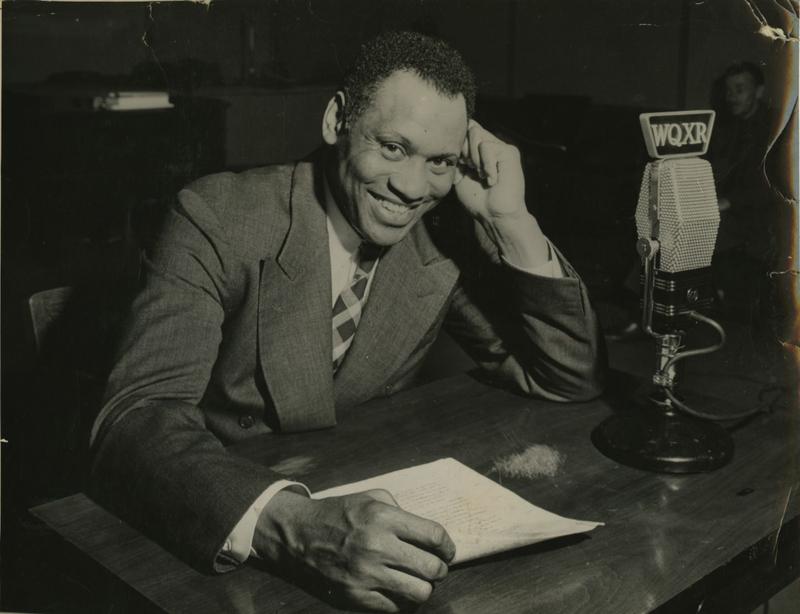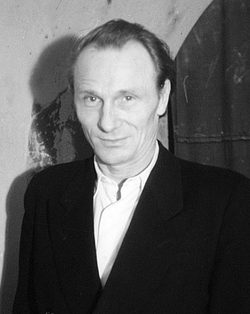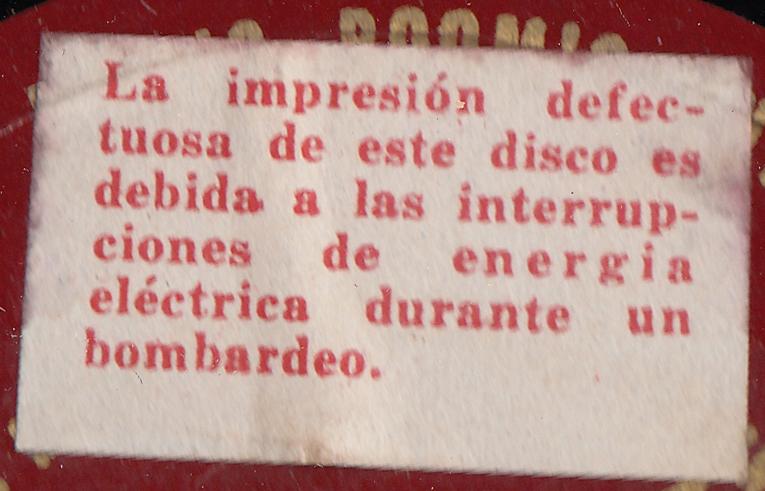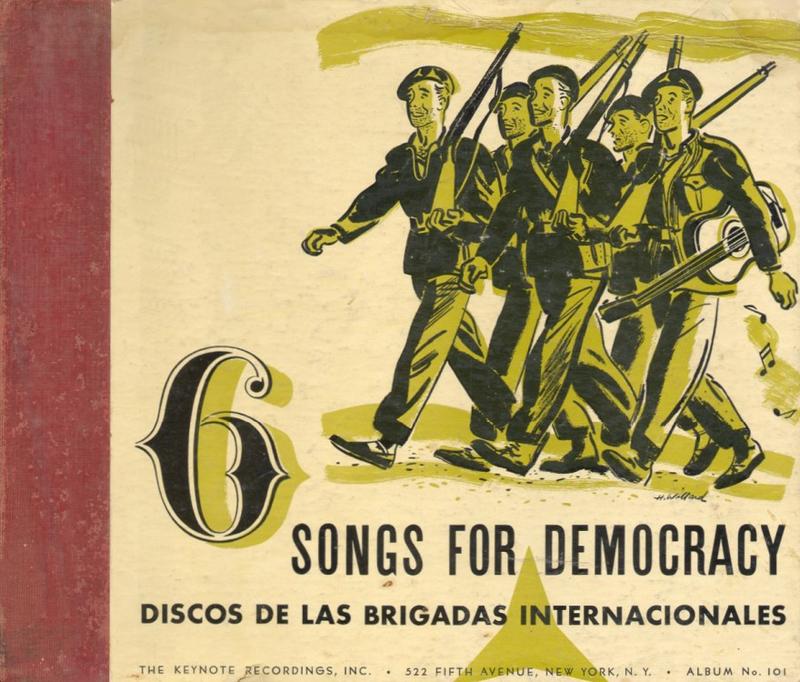 NYPR Archives & Preservation
NYPR Archives & Preservation
Paul Robeson Hosts WQXR Program

There are recordings of Paul Robeson singing, acting, narrating, testifying before Congress, and making speeches at rallies and protests. But doing a record show? Keynote Record's Eric Bernay[1] had just released an album of three discs recorded two years earlier in Spain during that country's tragic civil war. Robeson, long a supporter and advocate for the Republican government against General Francisco Franco's fascist military, took an opportunity to publicize the release over WQXR on the evening of September 17, 1940.
Robeson described how the original discs were recorded by a chorus of international volunteers from the Thaelmann Battalion in 1938 as Barcelona was under siege by the fascists.
With them was the exiled German actor and singer Ernst Busch, who had joined the International Brigades in 1937, and his performances were broadcast by Radio Barcelona and Radio Madrid. Robeson recalled meeting Busch.
I remember first hearing him sing these songs in Moscow, and hearing him gave me the inspiration to sing them, and others like them. Busch was a great artist, with a magnificent feeling for the folk song. And he was one of the first artists who found that, as an artist, he had a part to play.[2]
Most of the press chose to ignore Robeson's brief stint as a music commentator for WQXR, although the American Communist Party's newspaper, the Daily Worker, featured the appearance three days later in its September 20th edition.
New York's radio audience was stirred and thrilled by those same voices singing those same songs over Station WQXR, with another great people's artist, another famed actor-singer, Paul Robeson, telling the story behind the records and avowing once again that the spirit of them is unquenchable. The Spanish people, and the International Volunteers, Robeson said in introducing the songs, "showed to all the world that the people's will to freedom will always be greater than the fascist will to conquer." And it was only through the betrayal of Spain by the democracies, Robeson pointed out, that Spain was defeated. And "France," he said, "fell with Madrid."[3]
The six songs included are The Four Generals, Song of the United Front, Song of the International Brigader, Die Thälmann Kolonne, Hans Beimler, and a song from the Nazi concentration camps, Song of the Peat Bog Soldiers.
[1] Eric Bernay was the former editor of The New Masses magazine.
[2] Excerpts from: "Spain Lives in Recorded Songs, Robeson Tells Radio Audience, WQXR Broadcasts Records Made in Midst of Conflict," The Daily Worker, September 20, 1940, pg. 7.
[3] Ibid.
Special thanks to Jeff Place at the Smithsonian Folklife Collection, Dr. Timothy V. Johnson of NYU and Terrie Albano for their assistance.


